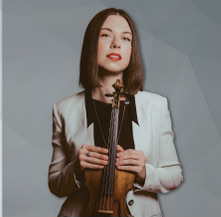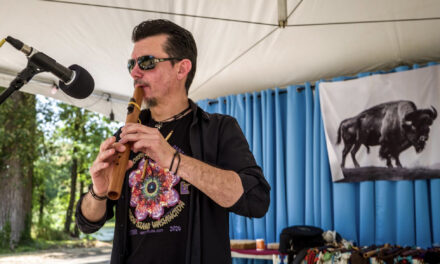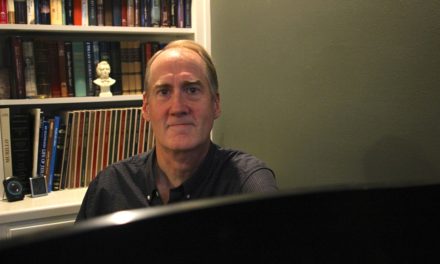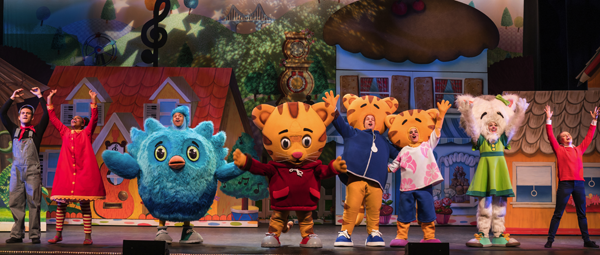By Daniel Buckwalter
Bluegrass-themed music for small orchestras is not common fare, to be sure. Yet the Oregon Mozart Players — with acclaimed guest violinist, fiddler and Kentucky native Tessa Lark — pulled it off with stunning flair on Nov. 5 to close out the ensemble’s season opener.
The concert was performed back at its spiritual home in Beall Hall at the University of Oregon after more than two years away because of the pandemic.
The Sea and The Sky program, conducted by Kelly Kuo, allowed OMP to explore the wonder of the seas and skies with works by Henri Duparc, Claude Debussy, Roger Quilter and Michael Torke.

Guest soloist Tessa Lark
Before a healthy-sized audience on a Saturday night, it was Torke’s piece, Sky (Concerto for Violin), that stole the show, and it was musician Lark, for whom the concerto was specifically commissioned, who was the vehicle that drove it with commanding virtuosity and range that was thrilling to listen to and absorb.
Lark, who is only 23 years old and with a glorious future ahead of her, was born in Richmond, Ky., and and her career began performing and recording with her father’s gospel bluegrass band, Narrow Road.
Her academic studies took her to the New England Conservatory of Music in Boston and The Julliard School in New York City, and she has been performing nationally since with flair and grace.
That was evident the moment she took the stage at Beall Hall.
The first movement of Sky — aptly named Lively — was a flurry of bluegrass dance music punctuated by timpani thumps and overarching horns, sometimes with melodic strings. It was so busy that the audience was left breathless, and it was just the first movement.
Wistful came next, and Lark’s soulful play was enough to almost bring its listeners to their knees, but it was time to dance again in the third movement, Spirited, and by the end, it was possible to envision sweeping clouds, winds, and birds in the fused symphonic and bluegrass styles.
It was wonderfully done, and Lark, after the performance and hoedown-like encore, received a well-deserved standing ovation to end the night.
The other highlight was Debussy’s La Mer (the sea), a three-movement piece composed in 1905 that, with a smaller orchestra like OMP, offers an elegant look at the tranquility and predatory nature of the seas. It is worth listening to again.
It was good to see the Oregon Mozart Players back at Beall Hall. Its return to the University of Oregon campus, I think, completes the repair of Eugene-Springfield’s classical music scene after nearly three tumultuous, pandemic-driven years.
At least that’s my hope, and if the Nov. 5 concert is any indication, the fun is just getting started.












